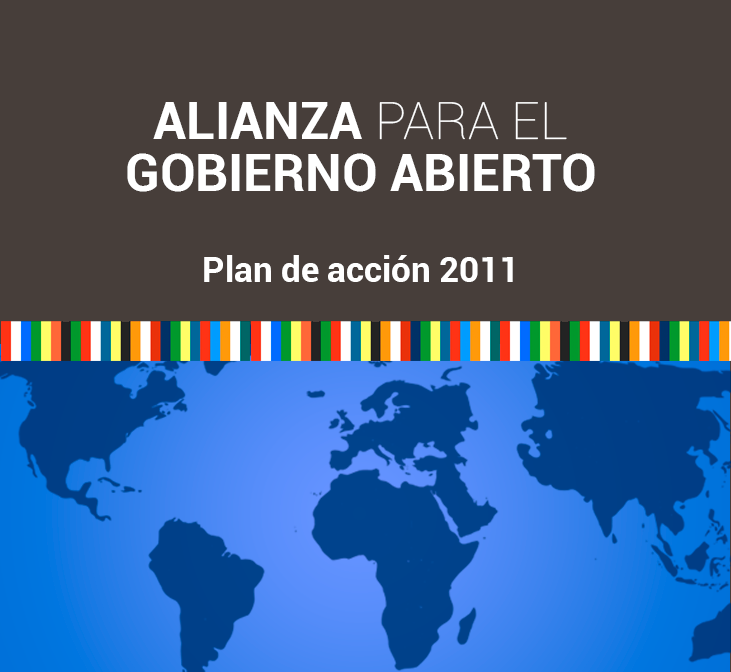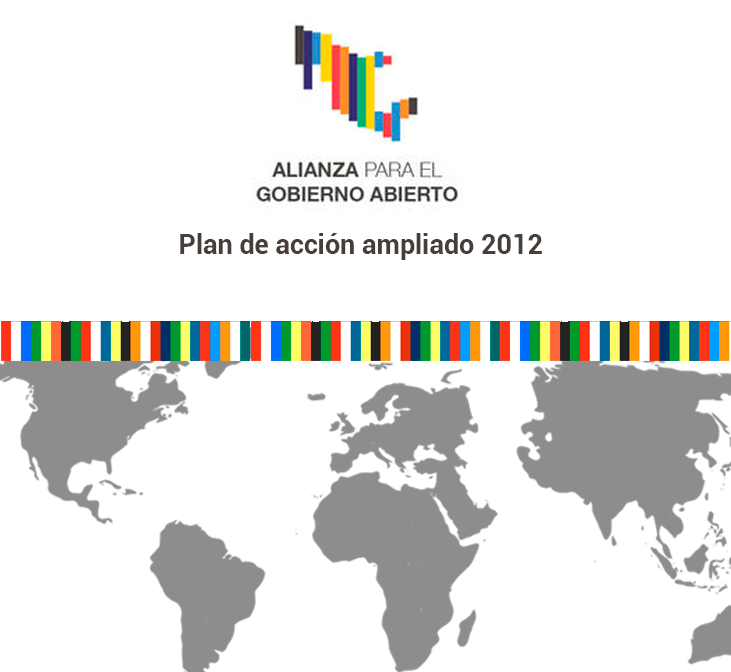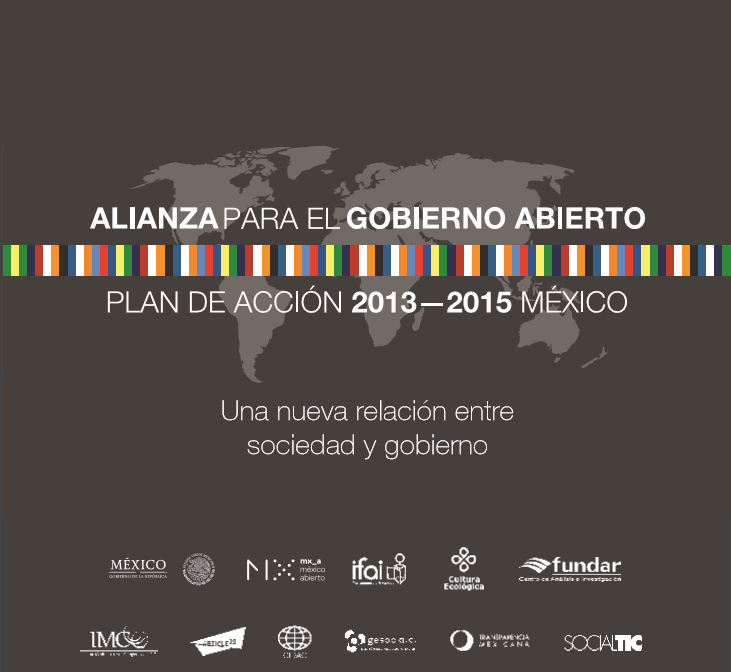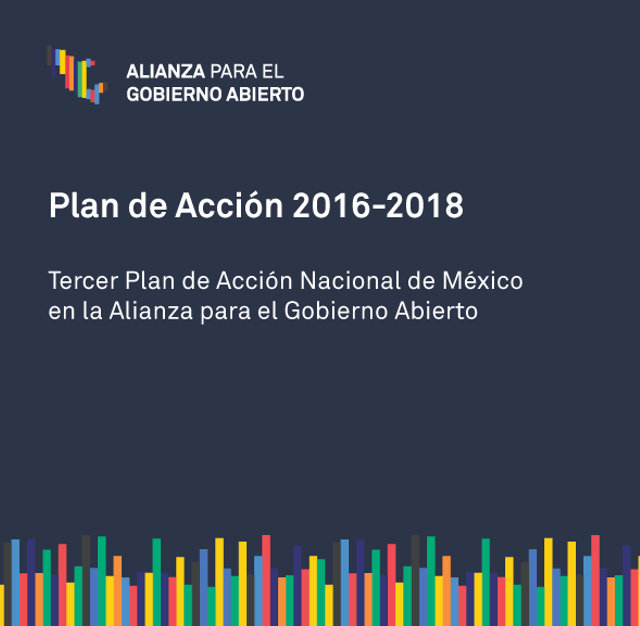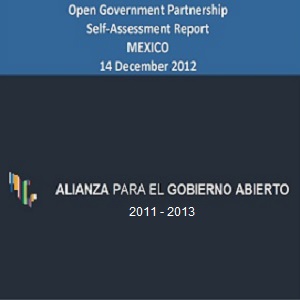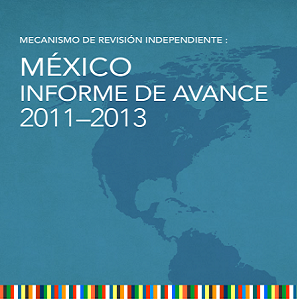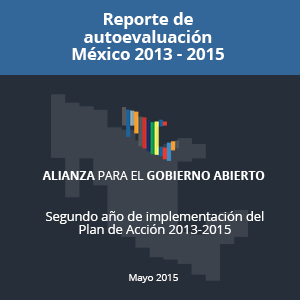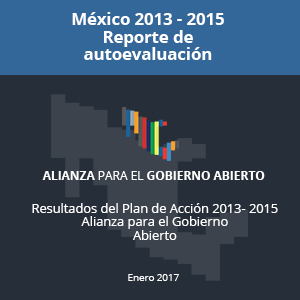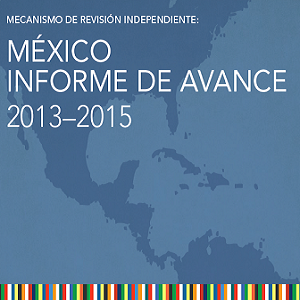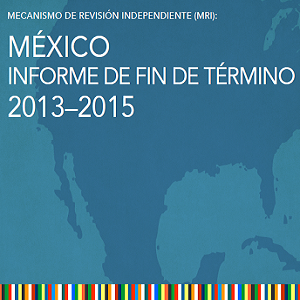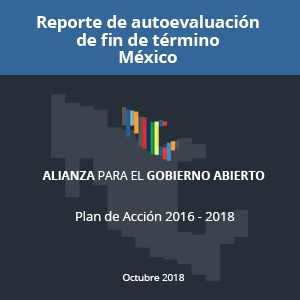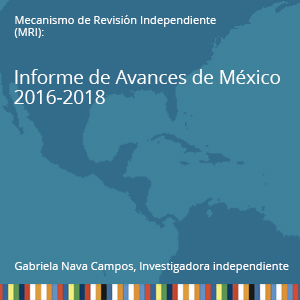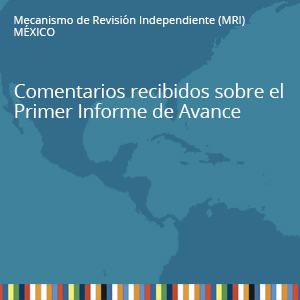
What is the Open Government Partnership?
The Open Government Partnership (OGP) is a multilateral initiative, dedicated to foster commitments between civil society and government to promote transparency, increase citizen participation in public issues, tackle corruption and employ new technologies to extend the governance. This Partnership was officially launched in September 2011, when the governments of the eight founding countries (Brazil, Indonesia, Mexico, Norway, the Philippines, South Africa, the United Kingdom, and the United States) endorsed the Open Government Declaration and announced their Action Plans. Only two years later, the governments of 56 new countries joined the initiative and it is currently composed of 78 countries and 20 subnational governments that have made more than 1,000 commitments.
The Partnership was introduced to the world within the context of a conference called “Open Government Partnership: An International Discussion”, organized by the US State Department and presided over by the US Secretary of State, Hillary Clinton, as well as by the Ambassador of Brazil, Antonio Patriota. As for Mexico, representatives of the IFAI (now INAI), the Ministry of Foreign Affairs (SRE) and the Mexican Institute for Competitiveness (IMCO) attended the event.
Open Government Partnership in Mexico?
Almost one month after the event, Mexico informed its Action Plan, would be created based on the principles of the initiative, and through consultation with civil society, as well as entities and agencies of the federal government. Then, IFAI asked the civil society organizations and institutions of the Federal Public Administration to engage in dialogue that led to the first Action Plan. Furthermore, the Ministry of Public Administration (SFP), given its powers to guarantee accountability in the Federal government, played a more active role in the integration of proposals.
The civil society showed discontent due to their low participation in the definition of the first action plan; in 2011 several meetings were held between IFAI, organizations specialized in transparency and accountability (IMCO, Article 19, Cultura Ecológica, Fundar, Citivox, GESOC, and Transparencia Mexicana) and the Federal Government (Presidency of the Republic, Ministry of Foreign Affairs and the Ministry of Public Administration). A meeting hold on December 9 was a milestone in the history of the Open Government in Mexico, since a Tripartite Technical Secretariat with representatives of the IFAI, the Ministry of Public Administration and the Civil Society was established, including objectives that reflect important agreements made between these three parties.
After this meeting, the establishment of a Tripartite Technical Secretariat (TTS) was formalized as the highest body for decision making of the Open Government Partnership in Mexico. Coordination among its members allowed the development of three consecutive action plans: the first integrated commitments originated in the Federal Public Administration with an addendum including the proposals and demands of the civil society; the second Action Plan 2013-2015 was developed during a change of administration in the Federal Government, with INAI’s support to facilitate the continuation of Mexico in the OGP and the interaction among the Secretariat members, as well as 100% compliance of 26 commitments. The third Action Plan 2016 2018 with an innovative methodology oriented to create an Open State, could not be implemented due to the lack of trust of the civil society with towards the federal government.
In the third action plan, and with the leadership of the Tripartite Technical Secretariat, composed by ten organizations of the civil society, the National Institute for Transparency, Access to Information and Personal Data Protection and the Federal Government, the country developed an ambitious agenda associated with several of the Sustainable Development Goals of the 2030 Agenda.
Fourth National Action Plan, under development
After the democratic exercise of July 2018 and with the new federal administration, the new government represented by the Ministry of Public Administration (SFP), the National Institute forTransparency, Access to Information and Personal Data Protection (INAI) and the Civil Society Core Group (NOSC), resumed the national process of the Open Government Partnership in Mexico in March 2019 by creating a new coordination figure called the Steering Committee that replaced the Tripartite Technical Secretariat.
The Steering Committee established the conditions to begin the collaborative construction of the Fourth National Action Plan 2019-2021 and began the process with a public consultation (digital and in field). Between May 24 and June 17, 2019, the consultation for the elaboration of the 4th National Action Plan 2019-2021 was made available to the public. The consultation was structured around the 3 axes of the National Development Plan: 1) Justice and compliance with the laws, 2) Well-being for all people and 3) Economic Development for Mexico. The consultation was designed to ensure that the commitments included in the new National Action Plan contribute to the achievement of the Sustainable Development Goals (SDGs).
In August 2019, with the systematization of the results of the public consultation, the six most voted topics that the Government of Mexico had to influence and around which the co-creation tables were developed were identified: eliminate corruption and lack of consequences to those who commit it, achieve peace and public safety, education at all levels for all people, health services for all people, more and better employment opportunities and improve rural development.
The construction of the Fourth National Action Plan is still under development. We suggest checking the evolution of the process on the website.
Open Government in Mexico
Download the list of the countries and subnational authorities of the Open Government Partnership in the world
Reports of the Independent Reporting Mechanism (IRM) in Mexico
The Independent Reporting Mechanism (IRM) is an international mechanism conformed by experts in open government that assess the action plan implementation status of the Partnership member countries. The assessments have been called “Reports” and they show the transparency, accountability and citizen participation level in the action plans to generate technical recommendations to guide the behavior of the parties. Here we present the reports generated in the Mexican case:
2011 - 2013
2013 - 2015
2016 - 2018
Contributions within the framework of the Tripartite Technical Secretariat (TTS) work
To progress in the open government agenda in Mexico, the Tripartite Technical Secretariat or TTS was created (consisting of representatives of the civil society organizations, a representative of the Mexican Republic Presidency and a representative of INAI). The actions performed by this entity are listed below:
AGA – SST
-
 Mexico’s approach for the Chair of the Open Government Partnership 2014 2015
Mexico’s approach for the Chair of the Open Government Partnership 2014 2015
-
 Extended Action Plan 2011-2012 Compliance Diagnosis
Extended Action Plan 2011-2012 Compliance Diagnosis
-
 INAI’s stances
INAI’s stances
-
 INAI stance, December 17, 2014
INAI stance, December 17, 2014
-
 INAI stance, December 30, 2014
INAI stance, December 30, 2014
-
 Decalogue of relevant aspects to be considered in the General Act of Transparency
Decalogue of relevant aspects to be considered in the General Act of Transparency
-
 Open Government Partnership Summit
Open Government Partnership Summit
-
 OGP Balance in Mexico
OGP Balance in Mexico
-
 Book: Outcomes of the 2013-2015 Action Plan in Mexico
Book: Outcomes of the 2013-2015 Action Plan in Mexico
-
 Action Plan 2016-2018
Action Plan 2016-2018
-
 Preparation process
Preparation process
-
 Rapporteur on the AP Working Table 2016-2018
Rapporteur on the AP Working Table 2016-2018
-
 Introduction
Introduction
-
 Human rights and Rule of Law reinforcement
Human rights and Rule of Law reinforcement
-
 Gender Equality
Gender Equality
-
 Poverty and Inequality
Poverty and Inequality
-
 Health Public Services
Health Public Services
-
 National Anti-Corruption System
National Anti-Corruption System
-
 Water Public Services
Water Public Services
-
 Governance and Natural Resources
Governance and Natural Resources

01800.835.43.24

Office Hours: Monday-Thursday, 9:00-18:00 and Friday 09:00-15:00.

Insurgentes Sur No. 3211 Col. Insurgentes Cuicuilco, Delegación Coyoacán, C.P. 04530
Our Newsletter is the national Open Government Guide.
It is quarterly updated.
Del responsable de tratar sus datos personales
El Instituto Nacional de Transparencia, Acceso a la Información y Protección de Datos Personales (INAI o Instituto), los cuales serán protegidos conforme a lo dispuesto en la Ley General de Protección de Datos Personales en Posesión de Sujetos Obligados, y demás normatividad que resulte aplicable.
Finalidades
Los datos personales que recabaremos los utilizaremos para las siguientes finalidades:
- Enviar periódicamente un boletín con información seleccionada por el INAI para promover el derecho a la información.
- Integrar un registro de correos electrónicos para enviar invitaciones y/o eventos asociados a las materias de Gobierno Abierto, Transparencia Proactiva, Rendición de Cuentas, Participación Ciudadana, Datos Abiertos, Desarrollo Sostenible, Gobierno Electrónico e Innovación gubernamental o Cívica.
Para esta última finalidad requeriremos de su consentimiento el cual podrá manifestar al momento de registrar su correo electrónico.
Usted podrá consultar el aviso de privacidad integral en el siguiente link web: http://inicio.inai.org.mx/SitePages/Avisos-de-Privacidad.aspx
Fecha de elaboración del aviso de privacidad: 14 de septiembre de 2018.
This is a Website of the National Institute for Transparency, Access to Information and Personal Data Protection, which management is in charge of the General Head Office of Open Government and Transparency. The published information and the document collection are of open access under the terms of the following license:

This work is under the Creative Commons Attribution-Noncommercial-ShareAlike l 4.0 International License.



